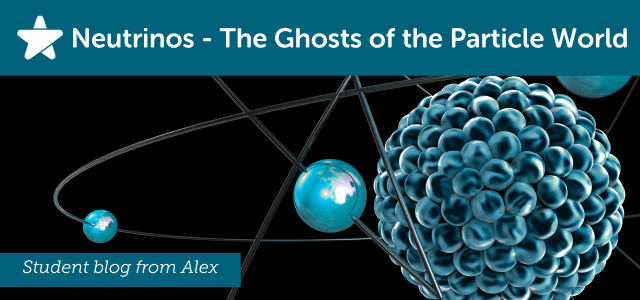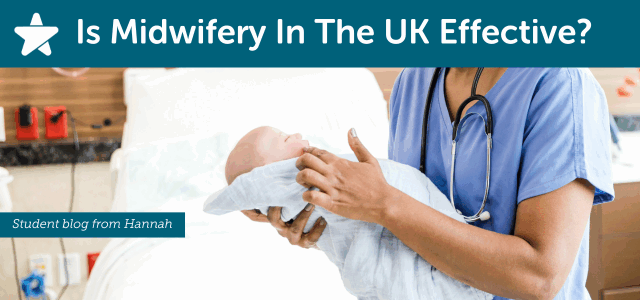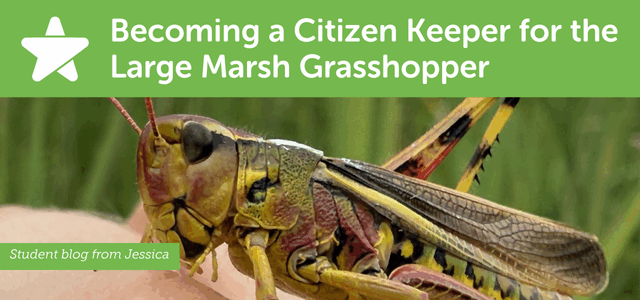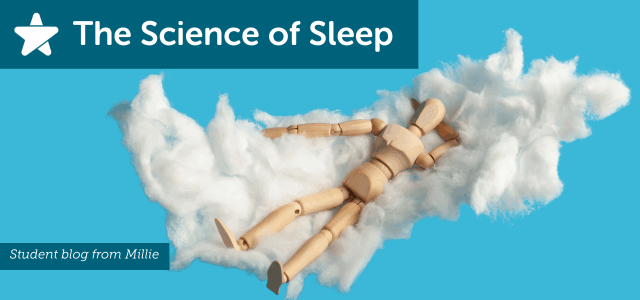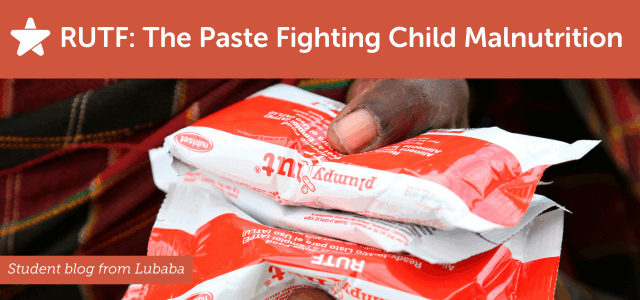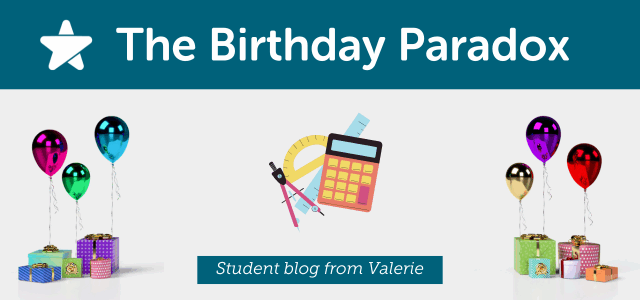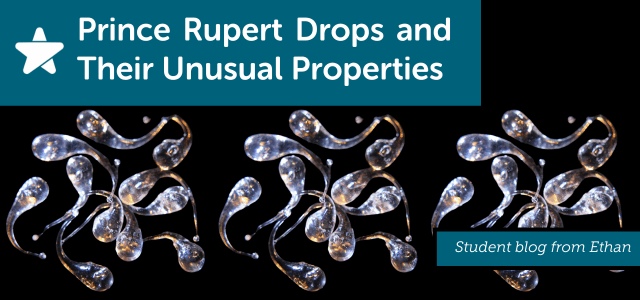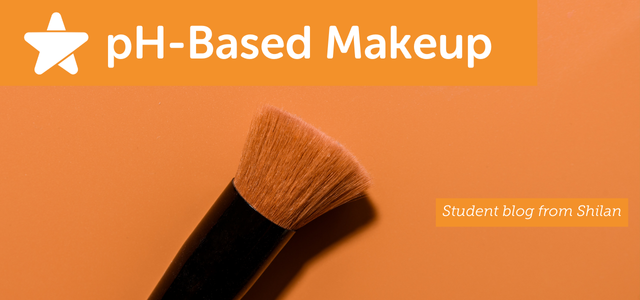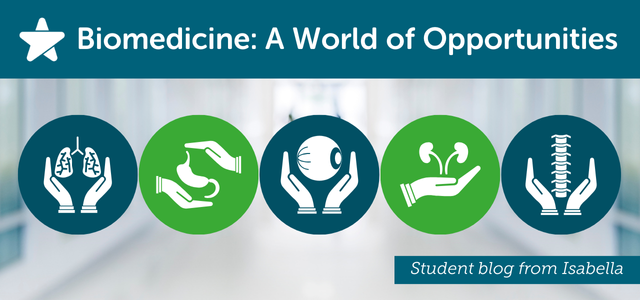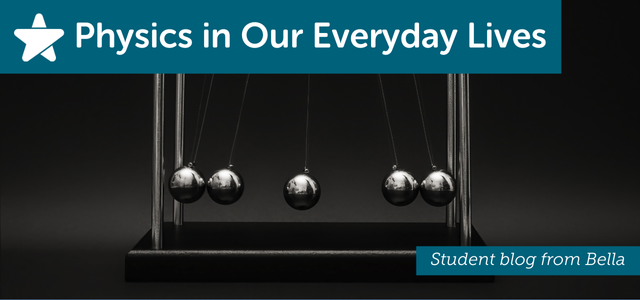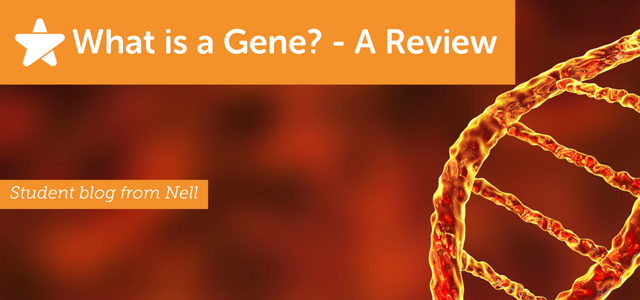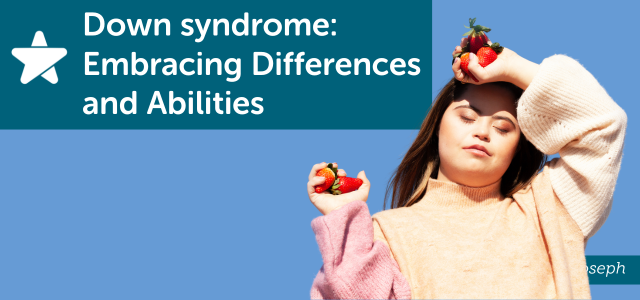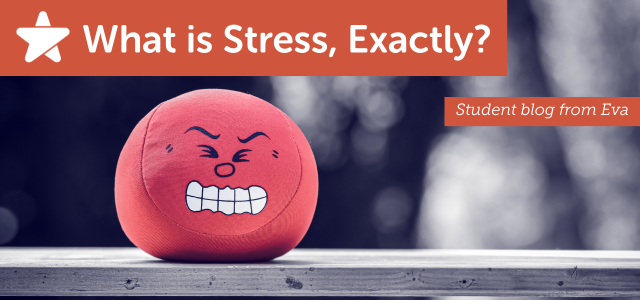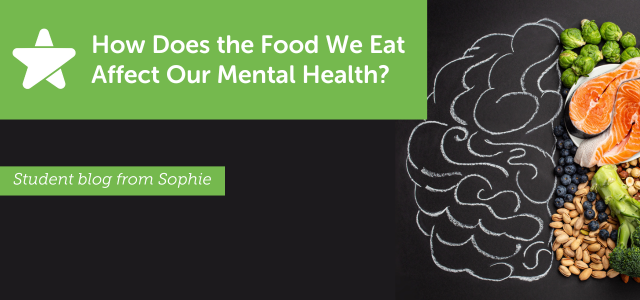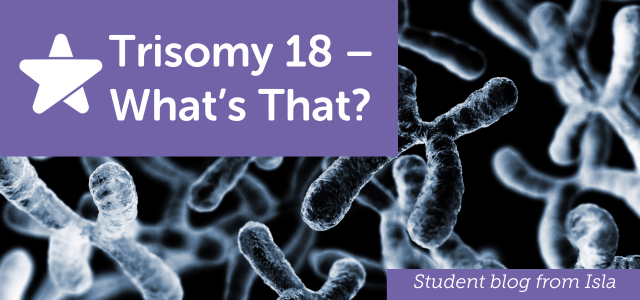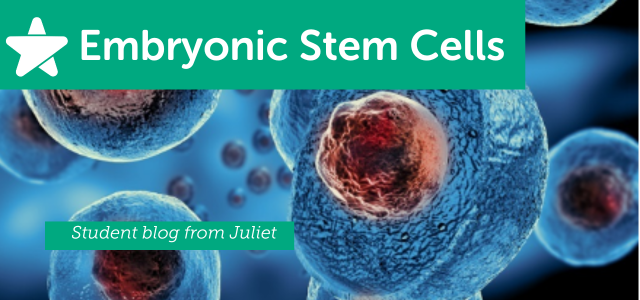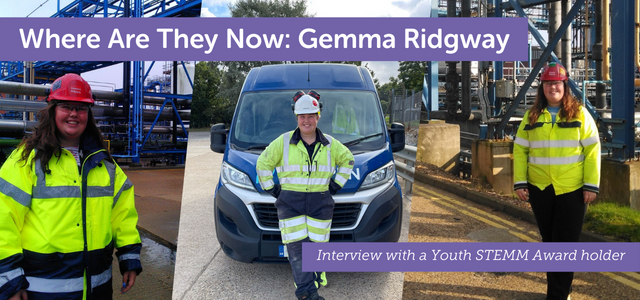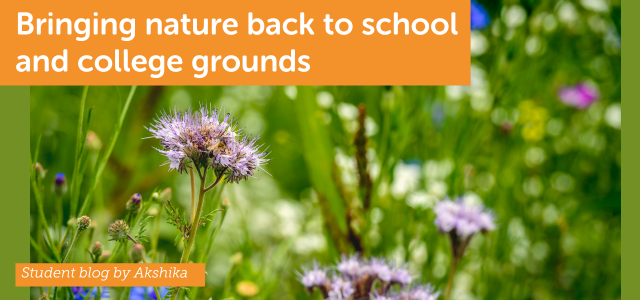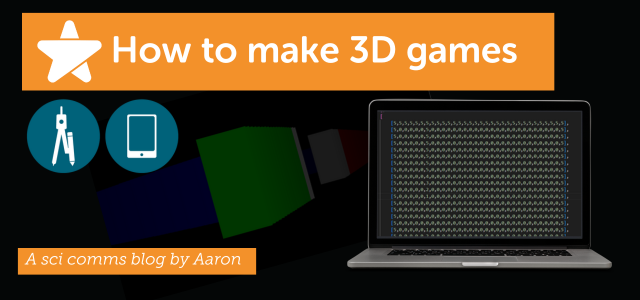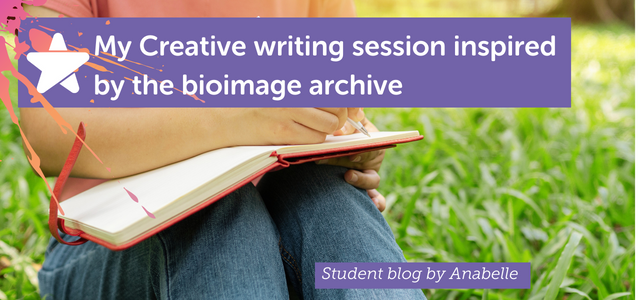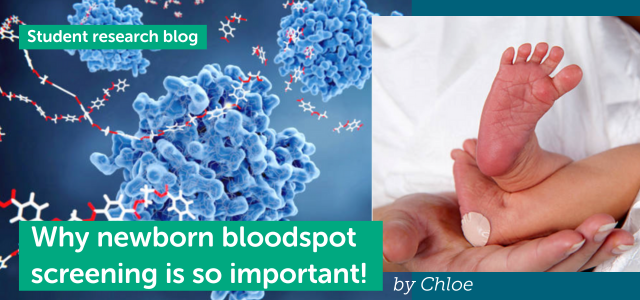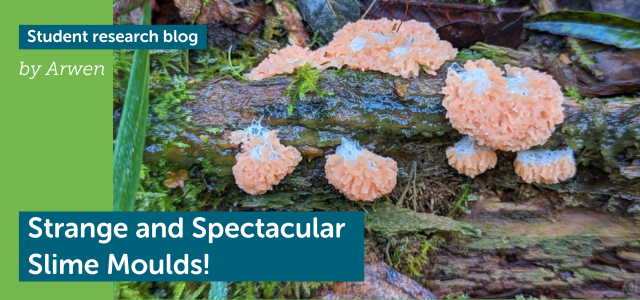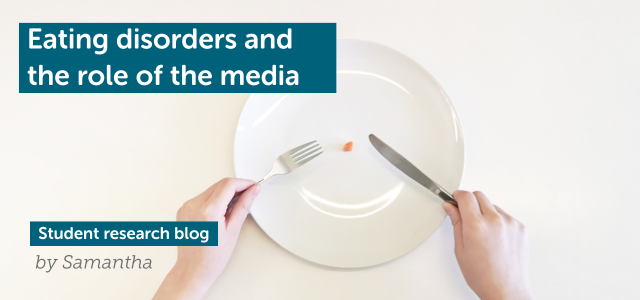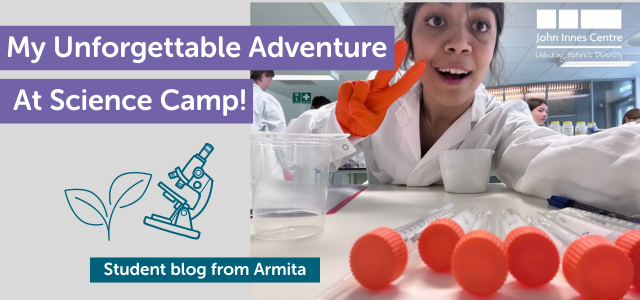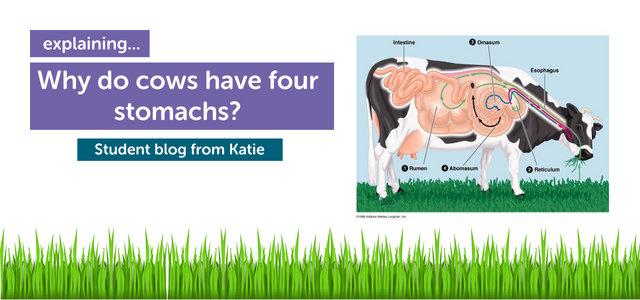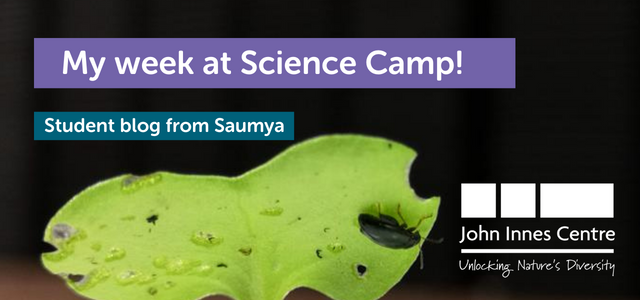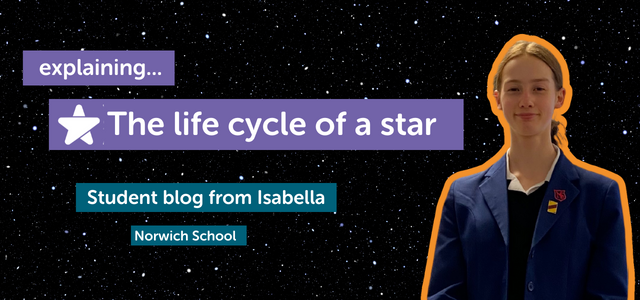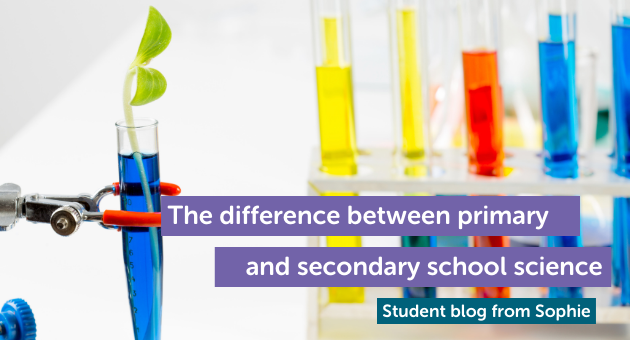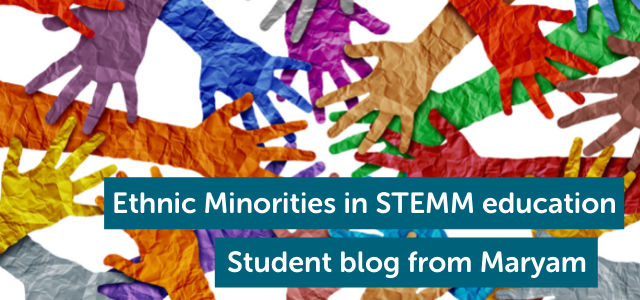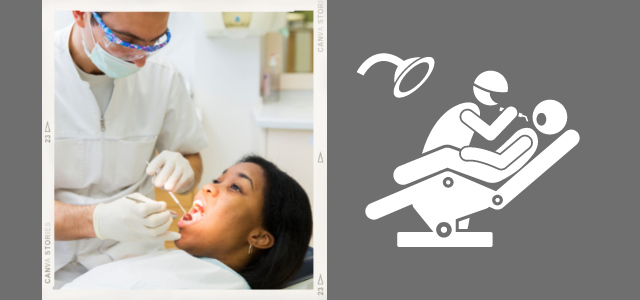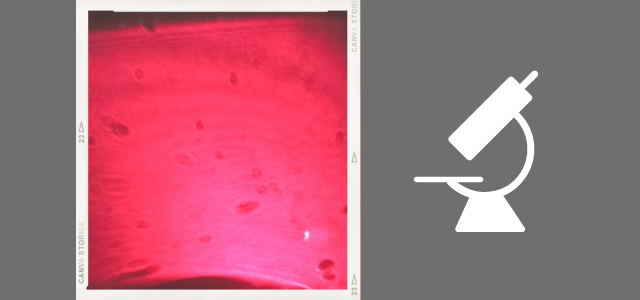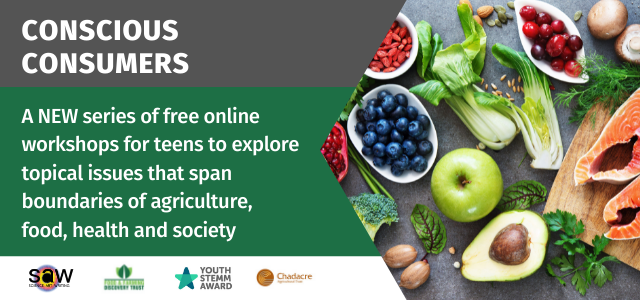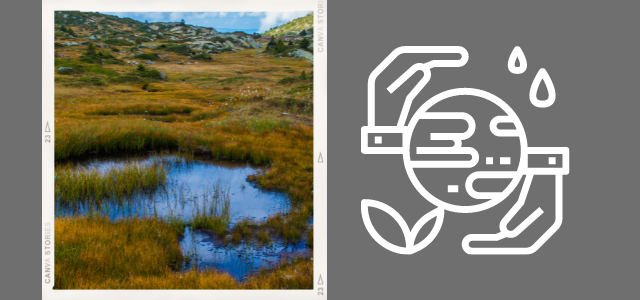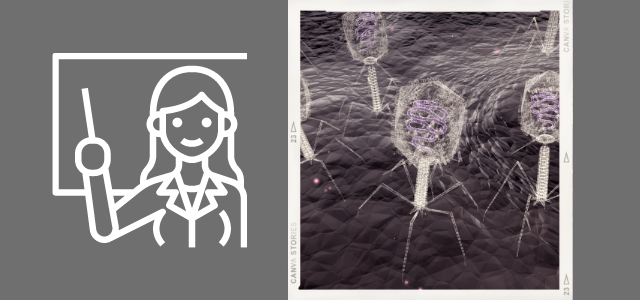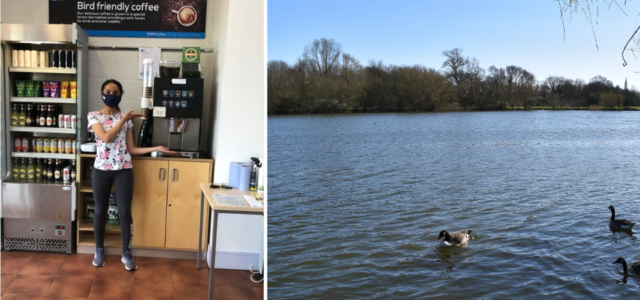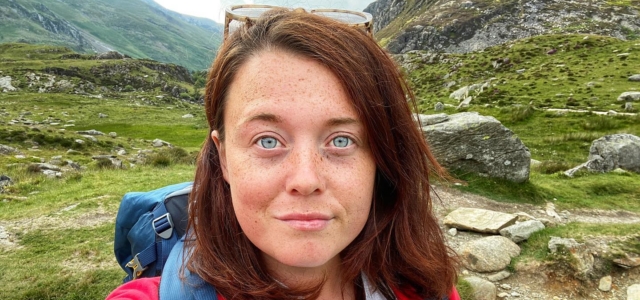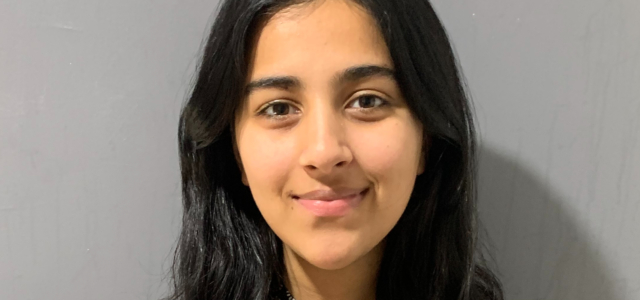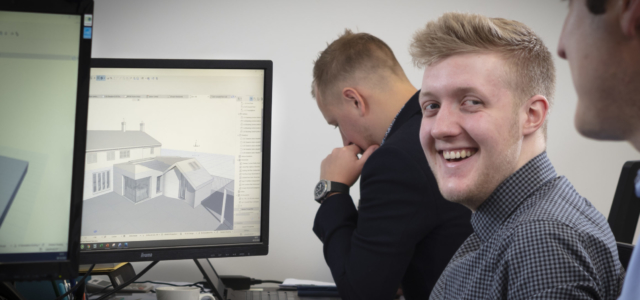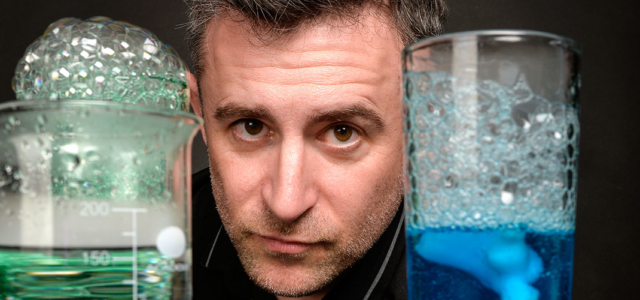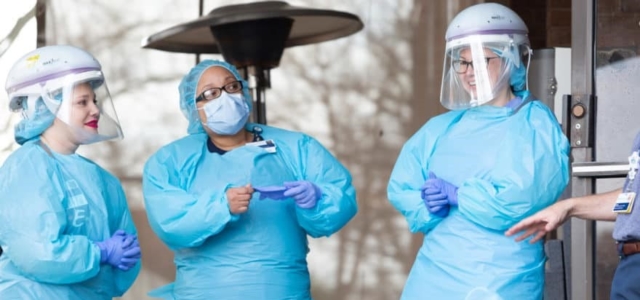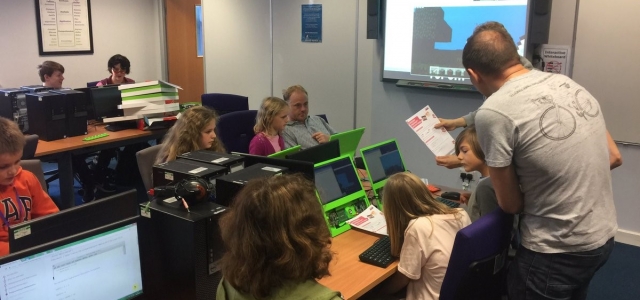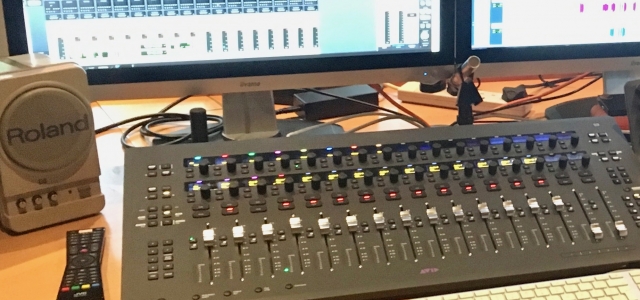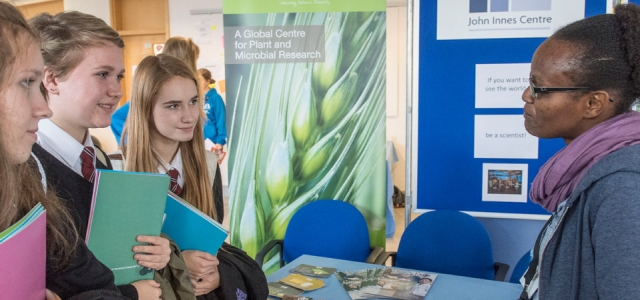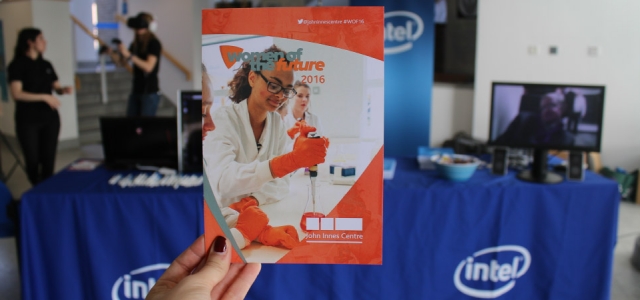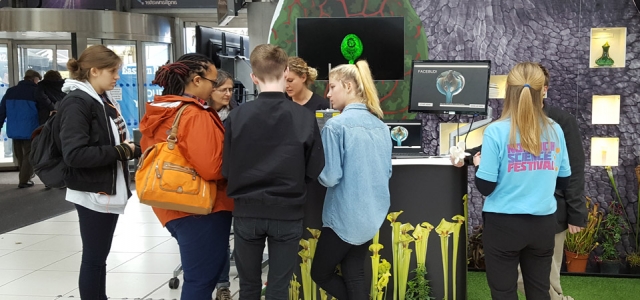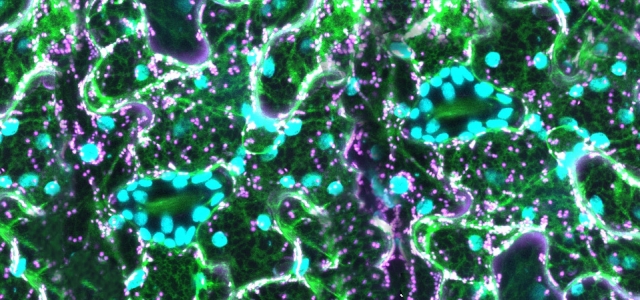Midwives play a vital role in supporting safe, healthy births — but how effective is UK midwifery care today? In this post, Hannah explores the evidence behind midwifery outcomes and their impact on maternal health, patient satisfaction, and NHS services. Read on to discover why midwives are at the heart of modern maternity care.
In this blog, I will explain the different stages involved in the pregnancy care of a woman and baby, breaking it down into how the midwife is involved in this care and what a midwife’s main roles are. Discussing holistic care means the complete care; this involves the care given throughout the whole pregnancy. It also describes the different roles and responsibilities of a midwife. This will lead to a conclusion around where the UK and the NHS could improve the pregnancy and postnatal care system. Or whether it needs changes and is, in fact, still fit for purpose.
Holistic care given by the midwife is the care from the moment a woman is diagnosed as pregnant all the way through to 28 days following the birth. Antenatal care happens throughout the pregnancy, followed by the care given during labour (most commonly provided in hospital), and finally postnatal care in the first month or so following the birth.
The roles of a midwife are as follows:
- Diagnosing pregnancy
- Taking the leading role in the care of a mother and the baby, and providing advice and guidance for the mother throughout the pregnancy and after the birth
- Providing care to women following tragic events such as a miscarriage
- Prescribing any medication that is needed
- Collaborating with other healthcare professionals such as paediatricians
- Promoting health and wellbeing in the community
Where can the UK improve its midwifery system?
An in-depth comparison between the two midwifery systems alongside criteria set out by the International Confederation of Midwives (ICM), has shown a few areas that the NHS should look to improve upon:
- Balancing the responsibility of the midwife to provide the best care with the autonomy of the woman to make her own decisions – this is seen in the birth plan, which NHS England are noted to use in order to put the needs and wishes of the women first
- Ensure that the mother is up to date with cervical screening
- Make sure the mother’s mental health is supported
- Discuss any medication that the mother is taking
- Give information about antenatal classes
- Offering a companion of choice for women throughout labour and childbirth – this became more of an issue during the COVID-19 pandemic, when the number of people allowed to accompany the mother was limited to prevent the spread of infection.
- Providing skin-to-skin contact and a warm environment – this is important as it is the first moment a mother and baby have to bond and can lead to many health benefits for the baby, such as learning how to breathe more naturally by following the mother’s chest rising and falling. The baby will also hear the sound of the mother’s heartbeat, which is comforting, and it helps the baby regulate temperature, breathing, and heartbeat.
- Assess uterine tone, maintain firm contraction, and estimate and record maternal blood loss; manage excessive blood loss including administration of drugs and manual removal of the placenta noting local policies, guidelines and regulatory authorities – More information about this appears to be available in Australia in comparison to the UK.
- Educate women on danger signs after birth research shows that with shorter post-birth hospital stays, the education given during this time in the UK is not always as in-depth as in some other countries.
- Assess breastfeeding technique and provide ongoing support – this is taught during postnatal classes, there do not seem to be as many of them available in the UK in comparison to Australia. This is a very important thing in order to ensure effective milk transfer, and reduce the risk of infection. This used to be more common when there was more provision put in place for it.
- Promote bonding between mother and newborn – again this links into the lack of mention of skin to skin contact within the post labour period.
- Examine newborn at intervals determined by local policy and guidelines to monitor and document growth and development – there is a concern that this has become less common over the last fifteen years considering 1,426 of the 3,620 Sure Start centres have been closed in the UK. The government stopped funding this and it has meant that this provision is more difficult to access. It was a vital part of thousands of communities.
So, is the holistic care given by the midwife in the UK performed effectively?
The UK midwives perform a large number of functions and meet much of the ICM criteria throughout the holistic care period. The UK effectively monitors the mother during the antenatal period, provides supportive care throughout their time in the hospital, and gives reasonable care during the postnatal period. The UK can be seen as one of the better countries for this holistic care worldwide, especially in comparison to some countries in places like the Middle East.
Australia can be considered better than the UK; it has a lot more systems in place such as antenatal screening for a wider range of conditions that can be diagnosed during pregnancy, longer hospital stays (especially after a caesarean). Australia also offers a larger number of postnatal classes in the time following the birth.
The UK could adopt some of these strategies from Australia to improve its holistic systems. The NHS is greatly under-funded and under-staffed, but it is doing the best that it can given these circumstances.
This is a very interesting topic that requires further research to help to make the midwifery system as good as possible.
References:
- Essential competencies for midwife practice https://internationalmidwives.org/resources/essential-competencies-for-midwifery-practice/
- Country comparison: Australia and UK https://www.worlddata.info/country-comparison.php?country1=AUS&country2=GBR
- Your antenatal appointments https://www.nhs.uk/pregnancy/your-pregnancy-care/your-antenatal-appointments/

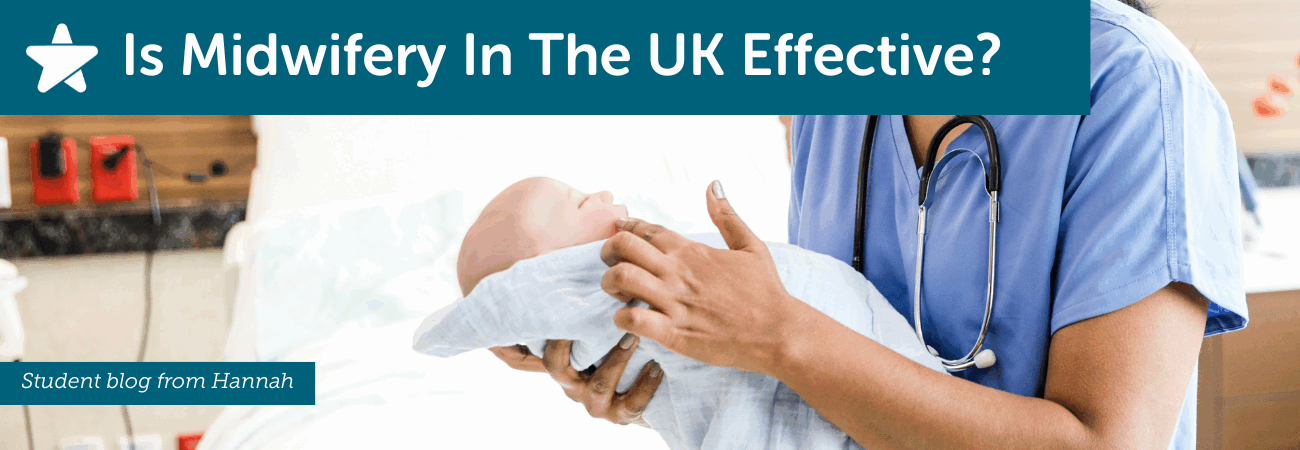
 Hannah is a year 12 student from Northumberland who is currently taking part in the gold award. Her main interests are biology and chemistry, and hopes to study medicine.
Hannah is a year 12 student from Northumberland who is currently taking part in the gold award. Her main interests are biology and chemistry, and hopes to study medicine.
